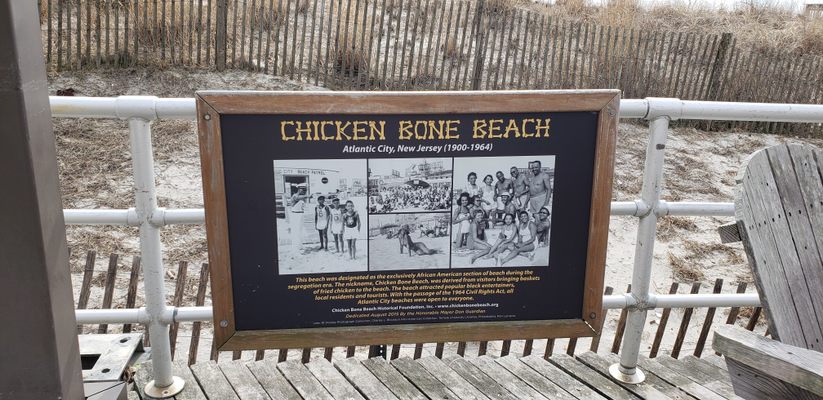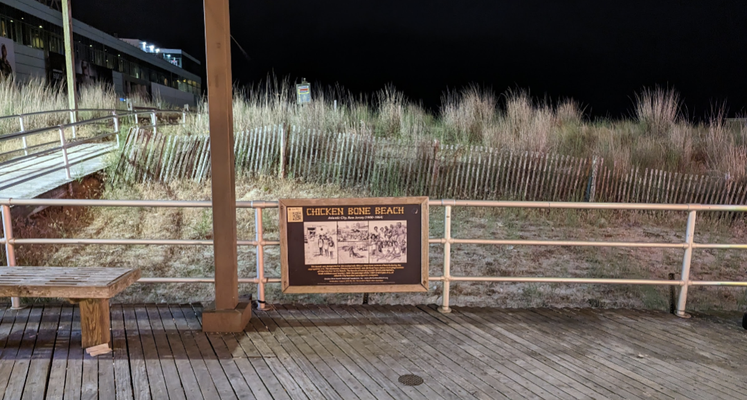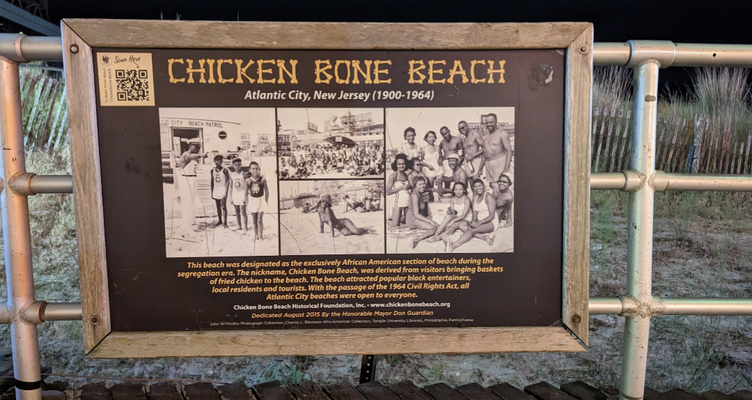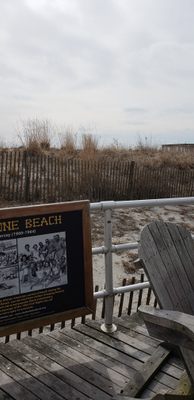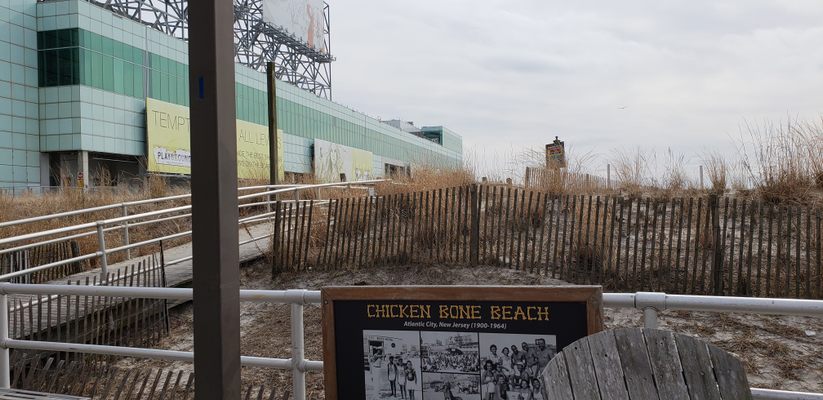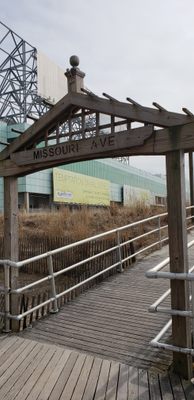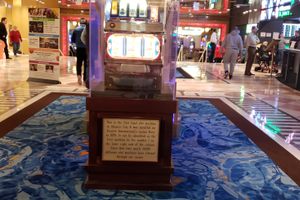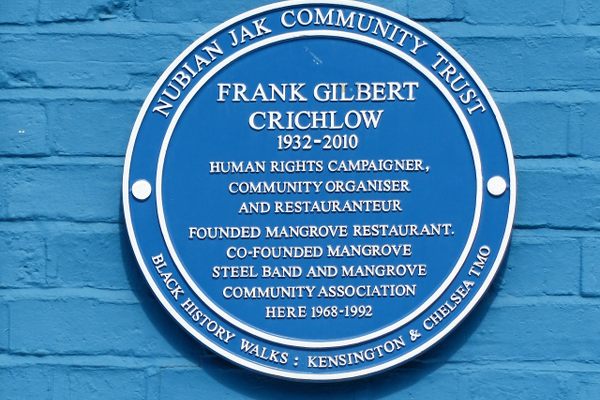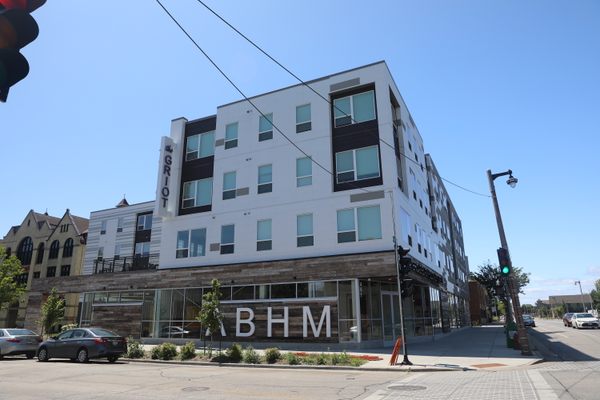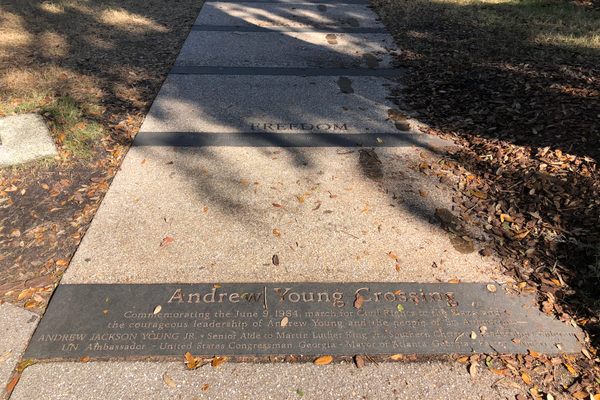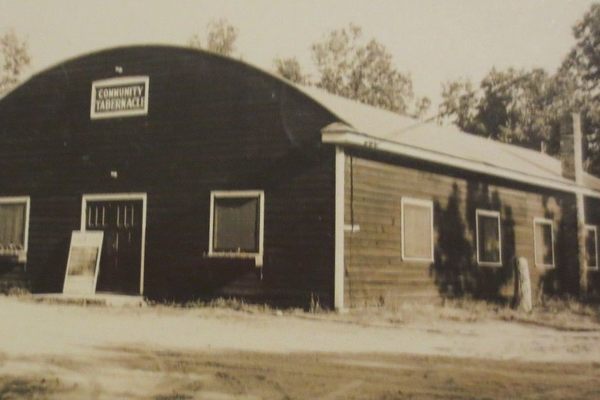About
People flock to the Atlantic City’s beaches to enjoy the sun, sand, and other splendors the city has to offer. But forgotten by many is Chicken Bone Beach, which opened in 1900 and was a segregated beach set aside for Black beachgoers.
In the mid-20th century, there was a rising Black middle class that wanted to participate in all the recreational activities the city offered. While there were many Black-centric nightlife options in Atlantic City during segregation, Chicken Bone Beach was a rare haven for families seeking some oceanside relief from the heat.
When Chicken Bone Beach was segregated, many of the nearby restaurants refused to serve Black customers. As such, families would have to pack their own picnic lunches. Their leftovers would litter the beach, scattered by animals and the elements. The name Chicken Bone Beach arose from the large amounts of leftover bones found in the sand.
In 1964, The Civil Rights Act officially desegregated the United States, including the beaches in Atlantic City. Chicken Bone Beach, and its history, became nearly forgotten until a graduate student uncovered information about it while studying Atlantic City as a tourist destination for Black families.
Today, the beach is nearly indistinguishable from others stretching along the coastline. But you can find a memorial plaque along the boardwalk. There are jazz concerts in the area during certain times of the year, and the Chicken Bone Beach Historical Society works hard to make sure the beach, its history, and the history of segregation in Atlantic City aren’t forgotten.
Related Tags
Know Before You Go
There is no parking on the boardwalk. You have to park and walk to the boardwalk. For people with mobility problems there are trolleys that run on the boardwalk as well as bicycle carts you can hire.
Community Contributors
Added By
Published
April 15, 2019
